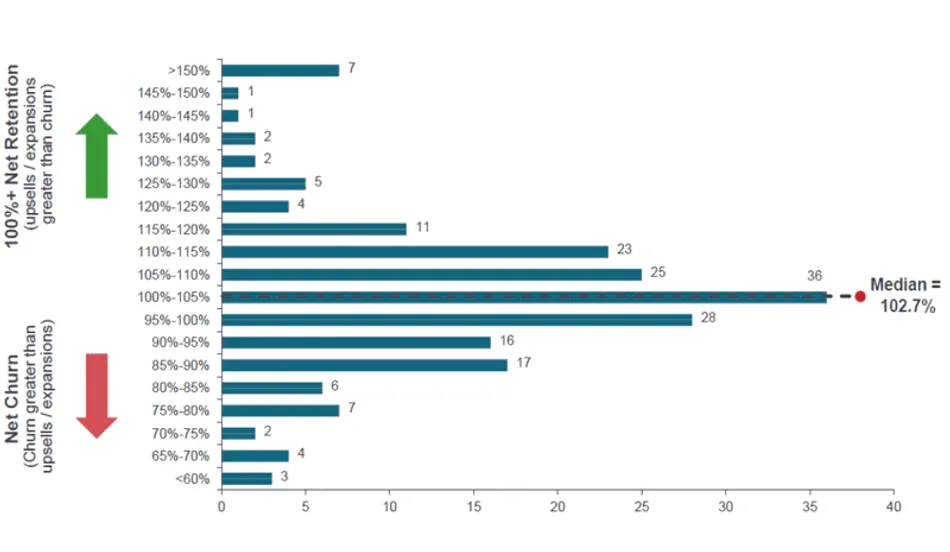Hardware is hard. Does it have to be?
A brief introduction to my series for and about hardware/software businesses.
This is the first piece in a 4-part opinion series for and about hardware/software businesses.
"Hardware is hard."
Phrases like these don’t get a lot of critical thinking. If you run a business that manufactures a physical product, “hardware is hard” is the kind of thing you’d say in a meeting while lamenting the unavailability of silicon. Or when complaining about a delay. Everyone around the room will solemnly nod and agree.
Hardware companies face unique challenges that pure software companies don’t. Inventory, supply chain, shipping, logistics. Slower design cycles. Defects and returns. There are many challenges associated with making real things that software companies don’t have to deal with.
But there are a lot of things about software that are hard too. Pricing is hard. Reducing churn is hard. Increasing sales velocity is hard. Recruiting is hard. Scaling is hard. Is hardware uniquely hard?
I would argue that the biggest difference is the mindset. The challenges a software company might face are perceived as solvable problems that separate strong SaaS companies from weak SaaS companies. Some software companies have high churn; others don’t. If your churn is low, you’re good. If your churn is high, fix it or die.
We’ve developed this kind of mindset because the internet is full of great stuff like this:
If you are building a SaaS business, there is an incredible wealth of shared knowledge available to send you down the right path. Investors know what to look for in a SaaS business; founders know what metrics to monitor and improve; executives know what problems to fix and what opportunities to exploit. This knowledge is quickly and easily passed around through Medium posts and tweetstorms and books and conferences and 1-on-1 mentorship and seasoned executives who bring experience from company to company.
There is no such shared knowledge for hardware businesses.
This is what makes hardware hard. It’s not capital intensity or gross margins or operational challenges. Those are all solvable problems. It’s the lack of shared knowledge among founders, investors, and executives regarding these challenges and how to overcome them.
So, let’s fix that.
My name is Zach Supalla, and I am the founder and CEO of Particle, an IoT Platform-as-a-Service (PaaS). In addition to our cloud service, my company makes hardware — modules and gateways that connect to our platform. And our customers include thousands of OEMs, service providers, and start-ups who design and manufacture some kind of internet-connected widget. I’ve spent the last decade learning the ins and outs of how companies make stuff, and how they build profitable, differentiated, and scalable businesses while doing so.
What I haven’t done — what none of us have done — is write down what I’ve learned. The hard-earned lessons, the mistakes made along the way, the experiments that succeeded and failed.
This opinion driven series — named for an oft-used phrase describing businesses that combine hardware (atoms) and software (bits) — is intended to be a resource for people leading or investing in what I will call “integrated hardware and software businesses” — “HW/SW businesses” for short. I’ll answer questions such as:
What separates a “good” HW/SW business from a “bad” HW/SW business?
How can HW/SW businesses manage and reduce the costs and risks associated with their hardware products?
How do you price a HW/SW product?
How does a pure hardware business become a HW/SW business? How does a pure software business become a HW/SW business? Should they?
Which SaaS metrics can be applied to HW/SW businesses? Which can’t?
Some of these questions I can answer on my own. For others, I’ll be bringing in experts — founders, executives, and investors who play in and around this space. This series will alternate between essays like this one and video interviews with other people who know things that I don’t know.
If you’re interested in following along and seeing what I have to say, follow me on Wevolver; I’ll be publishing twice a month. And if there are particular questions you’d like me to answer or people I should interview, shoot me a DM — I’m @zs on Twitter.

